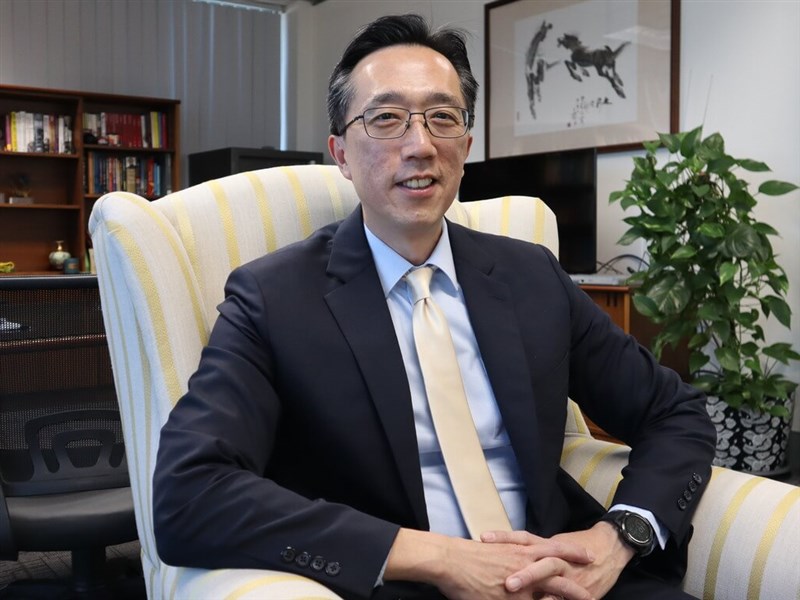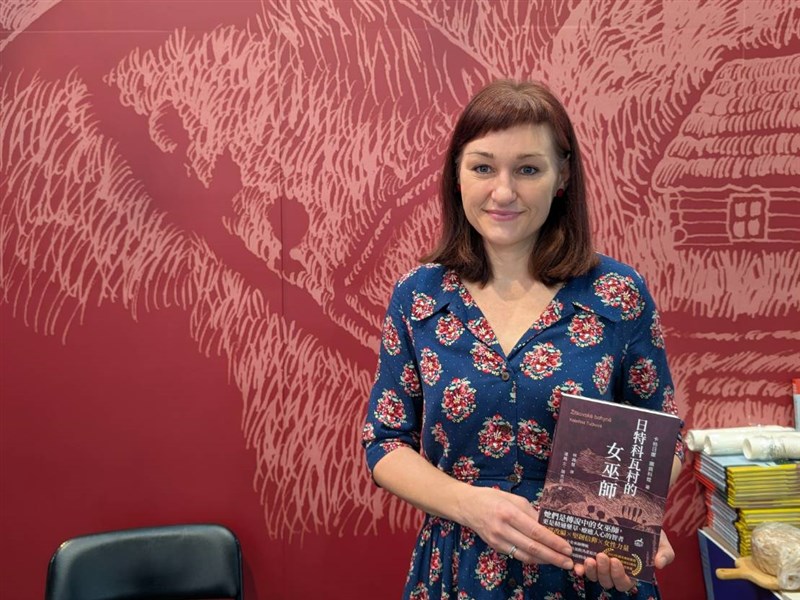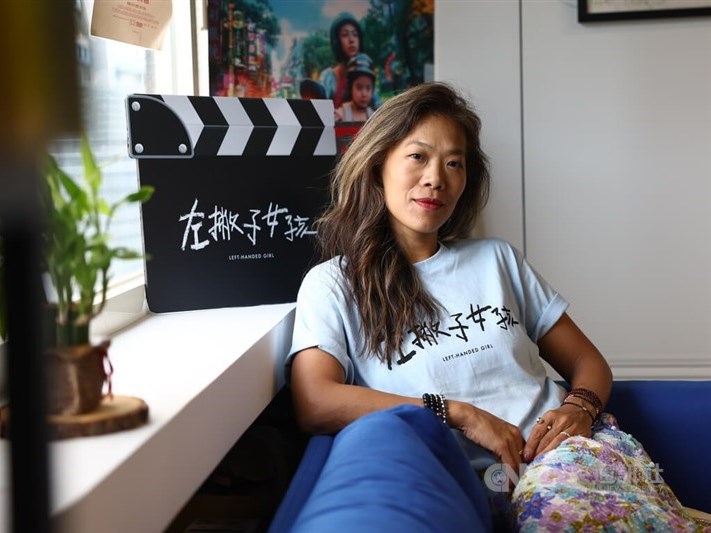INTERVIEW / Taiwanese doctor reflects on work and death in war-ravaged Gaza
10/30/2024 01:54 PM
"Even trees are a luxury," Taiwanese plastic surgeon Wu Yi-chun (鄔逸群) told CNA in an interview about his recent experiences working in Gaza.
(Full text of the story is now in CNA English news archive. To view the full story, you will need to be a subscribed member of the CNA archive. To subscribe, please read here.)
More in INTERVIEW
-
![Taiwan's top envoy to Australia seeks cooperation on minerals, drones]() Taiwan's top envoy to Australia seeks cooperation on minerals, dronesAs Australia looks to recalibrate its economic relationship with China, Taipei is hoping to strengthen bilateral ties and partner with Canberra in such areas as critical minerals and drones, said Douglas Hsu (徐佑典), Taiwan's representative to Australia.02/26/2026 11:16 AM
Taiwan's top envoy to Australia seeks cooperation on minerals, dronesAs Australia looks to recalibrate its economic relationship with China, Taipei is hoping to strengthen bilateral ties and partner with Canberra in such areas as critical minerals and drones, said Douglas Hsu (徐佑典), Taiwan's representative to Australia.02/26/2026 11:16 AM -
![Czech author reflects on cultural erasure under authoritarian rule]() Czech author reflects on cultural erasure under authoritarian ruleWhen best-selling Czech author Kateřina Tučková was in Taiwan earlier this month to promote the Chinese version of her novel "The Last Goddess," she said she felt the story would resonate with Taiwanese readers because of a common authoritarian past.02/22/2026 04:35 PM
Czech author reflects on cultural erasure under authoritarian ruleWhen best-selling Czech author Kateřina Tučková was in Taiwan earlier this month to promote the Chinese version of her novel "The Last Goddess," she said she felt the story would resonate with Taiwanese readers because of a common authoritarian past.02/22/2026 04:35 PM -
![Director Tsou Shih-ching challenges gender norms in 'Left-Handed Girl']() Director Tsou Shih-ching challenges gender norms in 'Left-Handed Girl'Superstitions passed down through generations can shape people's lives in subtle yet lasting ways. In her debut solo feature film "Left-Handed Girl" (左撇子女孩), director Tsou Shih-ching (鄒時擎) uses one such belief to examine gender roles and social expectations imposed on women in Taiwanese society.02/22/2026 11:04 AM
Director Tsou Shih-ching challenges gender norms in 'Left-Handed Girl'Superstitions passed down through generations can shape people's lives in subtle yet lasting ways. In her debut solo feature film "Left-Handed Girl" (左撇子女孩), director Tsou Shih-ching (鄒時擎) uses one such belief to examine gender roles and social expectations imposed on women in Taiwanese society.02/22/2026 11:04 AM
Latest
-
Politics
Taiwan-U.S. trade deal still in limbo: Premier
03/03/2026 01:06 PM -
Business
Taiwan's consumer confidence weakens slightly in February
03/03/2026 11:07 AM -
Business
U.S. dollar higher in Taipei trading
03/03/2026 10:42 AM -
Culture
Mandopop singer Sun Yanzi to perform at Taipei Dome in May
03/03/2026 10:22 AM -
Society
Heavy rain advisory in effect for Nantou County
03/03/2026 10:16 AM


